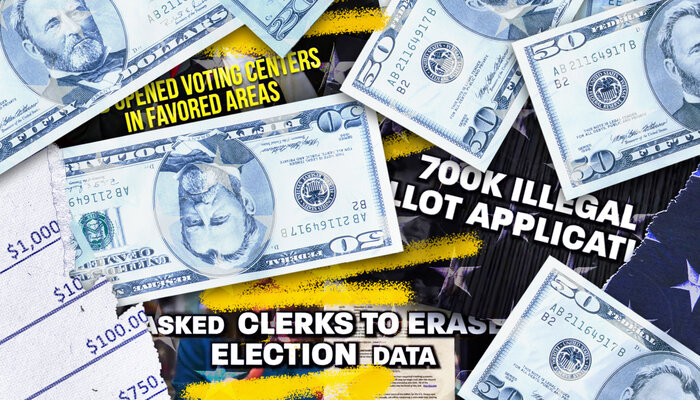There are over 8,000 local and state election officials in the United States, and the vast majority are elected. This year, thousands of Americans will seek election to positions that will have direct control over how future elections, including the next presidential election, are administered and certified. From town clerk to secretary of state and governor, holders of these offices will wield immense power over both the perception and reality of whether our elections are free and fair.
In past years, many Americans would have taken it as a given that elections would be administered in a nonpartisan manner, regardless of the identity of the administrator. The question of who ran and certified our elections has traditionally been of little interest to most.
That changed in 2020, when election officials became the focus of a disinformation campaign that was meant to undermine faith in American democracy and cast doubt on election results.
Today, political leaders in both parties have argued that the future of our democracy depends on having the “right” people in these offices, with many supporters of Donald Trump contending that the 2020 election should not have been certified, and others (including the Brennan Center) arguing that if officials had not been willing to stand up to political pressure, the election would have been sabotaged. Given this new political prominence, it is reasonable to expect far more money to pour into these contests than ever before.
For decades, the Brennan Center has documented how and where money is spent in political contests, whom it has been used to support, and with what messages. Our focus has been wide-ranging, from the races for the presidency and Senate to state and local judicial elections. For the first time, this year we will train our sights on the finances and political messages in what we have determined to be among the most important contests to the future of election administration.
Throughout 2022, we will be taking a regular look at relevant contests in battleground states that had the closest results in the 2020 presidential election. This will include races for governor, secretary of state, and local election administrator positions. As candidates file disclosure forms and information becomes available, we will examine questions like how much money is raised, who the biggest donors are, how much candidates rely on small donors, and how much outside spenders like super PACs and dark money groups spend.
Finally, we will also examine the messages that this money is paying for. In particular, we are looking to see to what extent candidates are running for and against “election denialism.” Former President Trump is using his considerable influence within the Republican Party to ensure that much of the political discussion this year is about 2020 and 2024: specifically, the Big Lie that the election was “stolen” from him in 2020, and that if he runs again and loses in 2024, those election results should be overturned. Nowhere will this issue be more important than in the contests for the offices that will have a direct role in the administration and certification of election results.





























